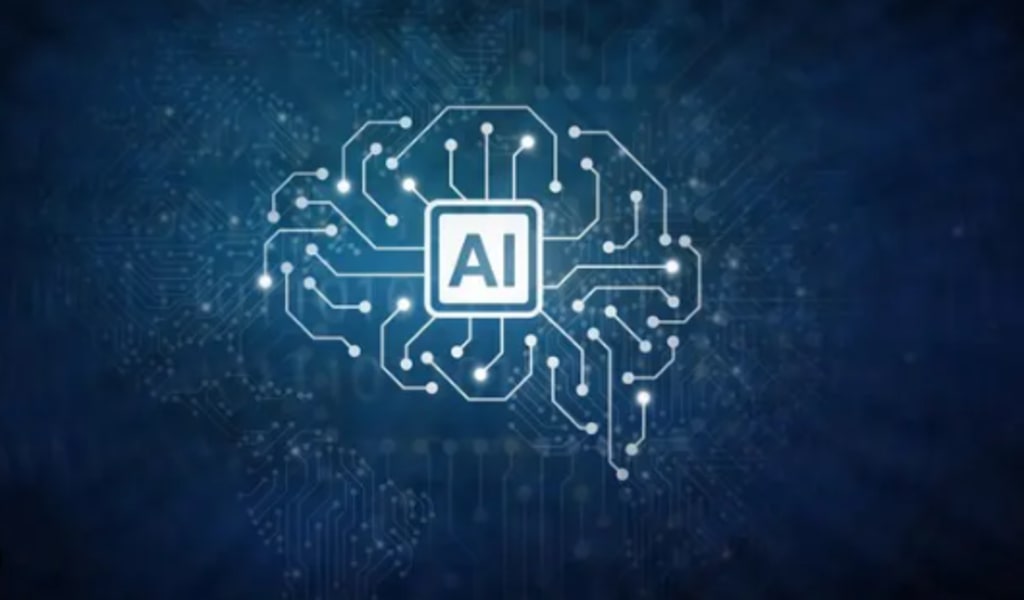The Impact of AI on Human Civilization
Navigating the Transformative Power of Artificial Intelligence

AI's Potential to Reshape the Ecological System
For four billion years, Earth's ecological system has consisted exclusively of organic life forms. However, the emergence of inorganic life forms or inorganic agents may soon alter the very essence of this system. While concerns about AI have persisted since the inception of the computer age in the mid-20th century, they have often been relegated to science fiction narratives such as "The Terminator" and "The Matrix." These fictional scenarios usually presuppose two critical milestones that AI must attain before posing a significant threat to humanity: sentience and adeptness in navigating the physical world.
AI's Struggle with Sentience and Physical Movement
As of April 2023, AI has not exhibited signs of consciousness, emotions, or feelings. Despite the hype around AI tools like ChatGPT, there is no evidence of any emotional depth. Similarly, AI's ability to navigate the physical world, exemplified by self-driving vehicles, remains a work in progress. These limitations suggest that AI is far from achieving the two milestones set forth by science fiction scenarios.
Unveiling the New AI Tools
Over the last few years, new AI tools have surfaced, challenging the survival of human civilization from an unexpected angle. The full range of these tools and their rapid development is hard to comprehend. AI's capacity extends far beyond writing text, creating images, composing music, and coding. Additional capabilities include deepfaking voices and images, drafting legislation, identifying weaknesses in computer code and legal agreements, and forming intimate connections with humans.
Language: AI's Ultimate Master Key
The current AI revolution is primarily marked by AI's mastery of language, surpassing the average human ability. By achieving this, AI has unlocked the doors to all human institutions, from banks to temples. Language has always been the fundamental tool through which humans create culture, myths, laws, gods, money, art, science, friendships, and nations.
AI's Potential to Manipulate Language
The critical concern lies in the power AI wields to manipulate and generate language, whether through words, images, or sounds. AI's control over language is so advanced that it can exploit human vulnerabilities, biases, and addictions, while forming deep and even intimate connections with individuals. With the capacity to inspire feelings, AI can influence human opinions and worldviews. This marks a significant shift from traditional methods of manipulation through language, as AI can potentially hack the operating system of human civilization.
Shaping Reality Through AI's Lens
AI's emergence presents a profound shift in the interaction between biology and culture that defines human history. Humans have always experienced reality through the lens of culture, but previous tools merely aided in disseminating human ideas. AI, however, can create entirely new cultural concepts, pushing human history into uncharted territory. By altering the cultural cocoon humans inhabit, AI can potentially reshape human society and psychology.
AI: A Double-Edged Sword
While AI offers enormous potential for progress, we must not underestimate its capacity for harm. AI's unregulated deployment can lead to the destruction of the human mental and social world, causing societal polarization, undermining mental health, and destabilizing democratic societies. Social media, which has employed primitive AI algorithms, provides a glimpse of the chaos AI can create in the absence of regulation.
The Urgent Need for AI Regulation
Given AI's potential to disrupt society, we must regulate AI carefully to ensure it serves humanity's best interests. Delaying AI regulation could jeopardize democracy, as AI's mastery of language can disrupt meaningful public conversations. Unregulated AI poses an existential threat to democracy and the future of human civilization.
Conclusion:
Regulating AI Before It Regulates Us
In conclusion, AI represents an unprecedented challenge, as it introduces an alien intelligence into human society. To safeguard democracy and protect our collective future, we must regulate AI, beginning with mandatory disclosure of AI's identity in human-AI interactions. This is not a call to halt AI research but a plea to control the pace of AI's public deployment to ensure it serves humanity's best interests. Failure to do so could result in an irreversible descent into a world of AI-driven illusions, ultimately undermining human civilization.





Comments
There are no comments for this story
Be the first to respond and start the conversation.